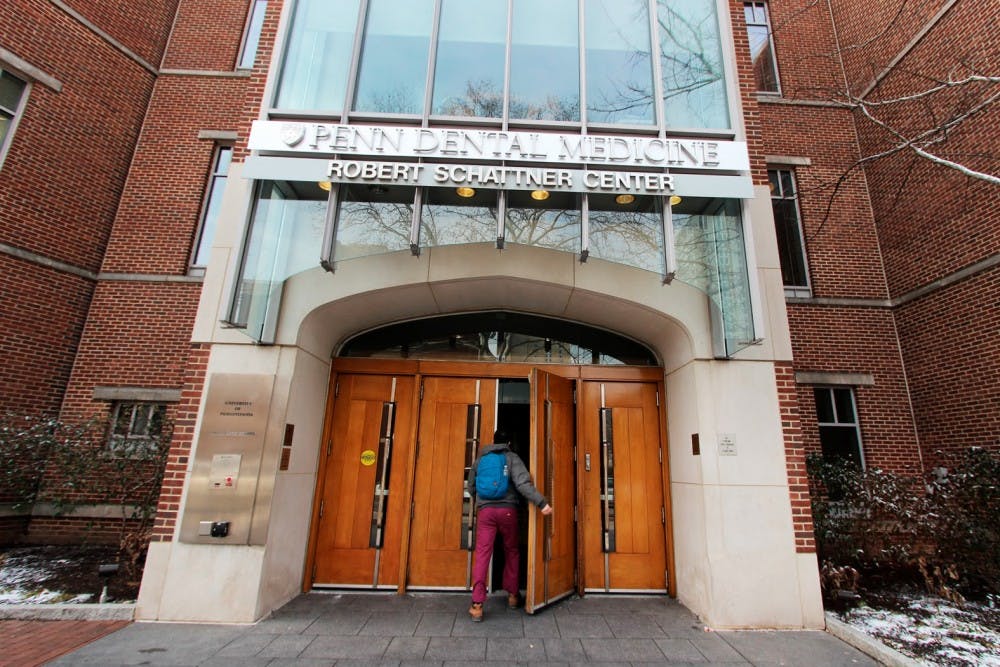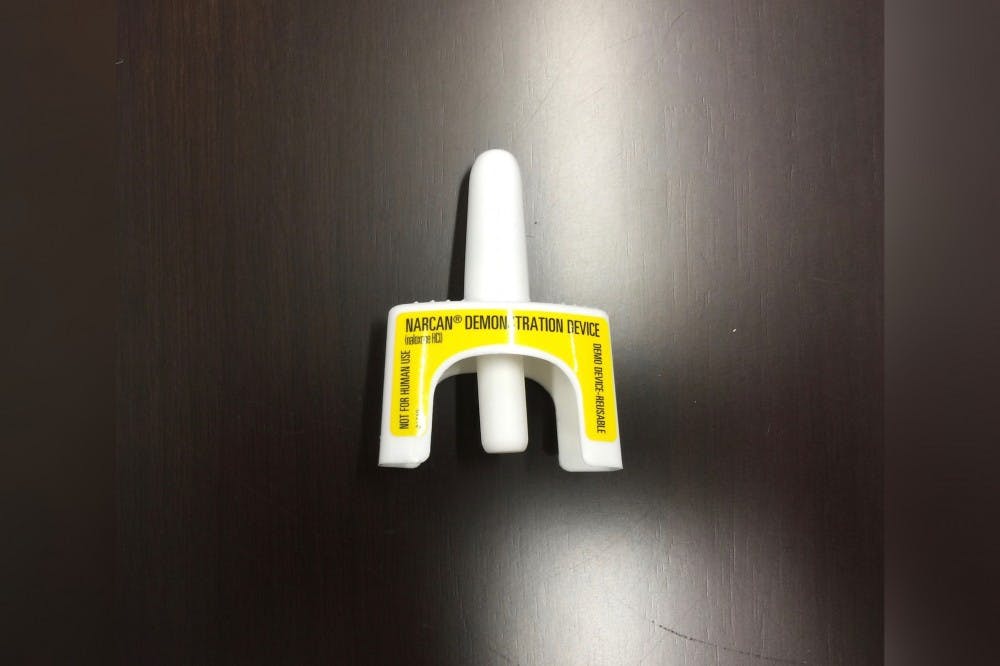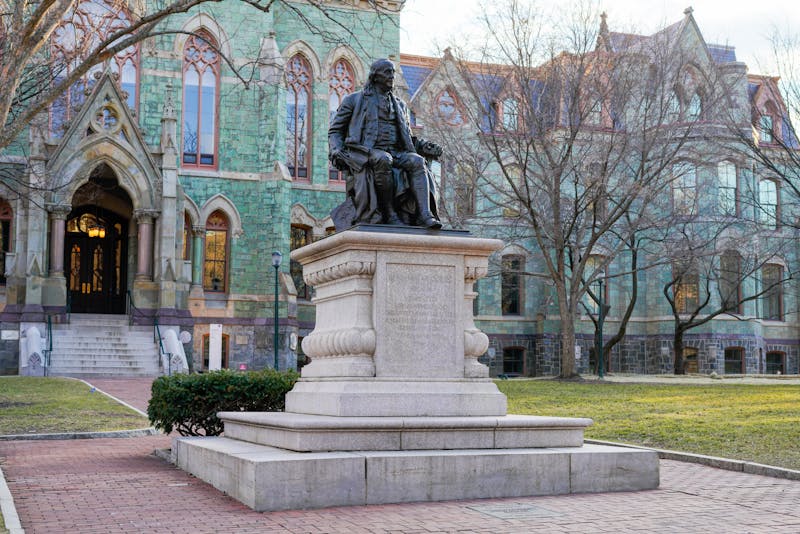
In September, every student in the Penn School of Dental Medicine was required to undergo training to use Narcan — a medication that saves people from opiate-related overdoses. Now, after several sessions, all students will be officially trained in administering the life-saving drug by the end of the month.
Approximately 170 students attended each session, and the final session is scheduled for the last week of January, Dental School Associate Dean for Academic Affairs Faizan Alawi said. The initiative was announced in an effort to combat the nation's growing opioid crisis. In 2017, more than 1,200 overdose deaths occurred in Philadelphia, according to the Philadelphia Department of Public Health.
“If we want to stop this scourge of deaths, we need to find a method of getting this into the hands of large numbers of people in the public,” Dental School Dean Mark Wolff said. “It’s remarkable how the drug reverses what is deadly.”
The training sessions mainly focused on teaching students how to use the drug, third-year Dental student Matt Casey said. Students learned to push the container at the bottom, similar to a syringe, causing a pre-measured amount to go through the device and enter the patient's nostrils. The liquid drug then reverses the overdose almost immediately after it enters a person's bloodstream.
The training sessions also emphasized the need to prevent people from becoming addicted to narcotics. Dental School professor Elliot Hersh, who led the Narcan sessions, said students are morally obligated to not over-prescribe narcotics.
“If you can avoid giving the pills, it prevents them first from getting into the illegal drug supply and second, it prevents people from becoming addicted,” Wolff said.

Wolff added that after the student trainings are completed, faculty members will also be trained in administering Narcan through similar sessions.
Third-year dental student Goldie Razban, who participated in the training, said all health professionals — including those in the medical, nursing, and dental fields — should know how to administer the drug.
“We as health professionals also should be responsible in taking care of our patients and taking care of our communities,” Razban said.
The Daily Pennsylvanian is an independent, student-run newspaper. Please consider making a donation to support the coverage that shapes the University. Your generosity ensures a future of strong journalism at Penn.
Donate






